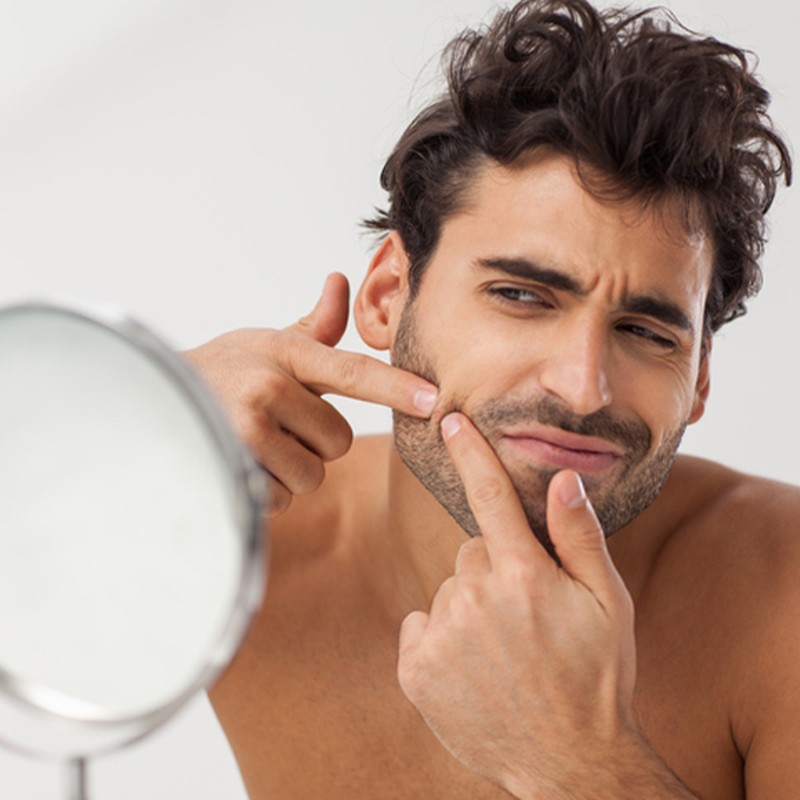SLMan Clinic: How To Tackle Adult Acne
Can you start by explaining what acne actually is?
“Acne is an inflammatory skin condition caused by a combination of overactive grease-glands, hormones and bacterial infection. It affects areas such as the face, chest and back. It’s also one of the most common skin conditions in the UK and can affect most people at some point in their lives, although the severity and longevity of the condition varies. There are also few different types of acne. They are...
Blackheads: Blackheads are open comedones which often occur as part of an acne breakout and develop on the face, neck, chest and back. Blackheads are caused by overactive grease glands.
Whiteheads: Whiteheads are blocked up or closed comedones.
Papules & Pustules: Papules and pustules are inflamed spots, the only difference being a pustule has pus in the centre. It is very difficult to avoid them if you are prone to them, but following a healthy lifestyle can help prevent them.
Nodules & Cysts: Deep seated inflammation leads to the formation of nodules and cysts, which are painful and may cause scarring.” – Dr Adam Friedmann, consultant dermatologist at Stratum Clinics
How common is it?
“About 80% of the UK population between 11- and 30-years-old are affected by acne. It is very common in teenagers and young adults, but in reality, most people have acne on and off for several years before their symptoms start to improve.” – Adam
What are the possible causes?
“Testosterone is the main cause of adult acne, but stress is also a trigger. Sweating can exacerbate acne, especially on the back, so be sure to shower properly after exercising or being out in hot weather for a long time. Environmental factors such as high levels of pollution or humidity can also trigger it. ” – Dr Susan Mayou, consultant dermatologist at the Cadogan Clinic
Does diet have anything to do with it?
“Scientific studies show there is no evidence that individual foods or dietary habits cause acne. However, we know there are certainly some things which can make acne worse such as sugar, chocolate, caffeine, salt and alcohol. Dermatologists will always advise clients to eat a healthy balanced diet to minimise the chance of acne getting worse or generating unexpected breakouts.” – Adam
Are there any other lifestyle changes worth making?
“Common sense dictates the better you look after yourself, the better your skin will be. So make sure you consider everything from a healthy lifestyle and good diet, to how you manage stress. It is a known fact that stress and exhaustion lower the immune system and make most skin conditions worse. Stress can also make it harder to sleep and this can influence your skin’s ability to heal. While plenty of sleep will certainly help acne sufferers, sometimes a change in personal circumstances can trigger stress and a flare-up becomes unavoidable.” – Adam
“Try changing your pillowcases regularly to ensure you’re not allowing bacteria to build up while you sleep.” – Susan
Are you more likely to suffer from acne if you have a beard?
“Throughout the day, dirt, dust and bacteria collect within the hair follicle and can cause breakouts. It’s important to maintain a good skincare routine and beard hygiene, so wash your beard twice a day with a gentle facial cleanser. Facial hair can also curl back into the skin, causing ingrown hairs and red, painful bumps – a gentle exfoliator will help keep this at bay.” – Susan
So, what can you do to tackle acne?
“Opt for gentle or sensitive skincare products that don’t include any harsh ingredients. Also, remember to choose oil free products which won’t block pores. Try not to overload skin with lots of different skincare products and don’t make too many changes to your skincare routine, as the mix can cause irritation. Also, cleanse your skin twice a day to make sure you are getting rid of any excess oils, grease or grime.” – Susan
Any skincare products you should use regularly?
“There is a huge selection of products on the market now to target mild acne. Look out for key ingredients such as retinol, salicylic acid, glycolic acid, benzoyl peroxide and tea tree oil. Not only do they help to combat acne, they also soothe skin and reduce redness.” – Susan
“If you suffer from acne, an anti-bacterial facial wash that contains salicylic acid is a good choice. Retinoid gels or creams can help get rid of blackheads too, as they work to unblock pores. You usually need to use these creams or gels once a day. Acid based face washes are useful if you are experiencing a lot of whiteheads.” – Adam
How do you avoid scarring?
“The best way to avoid scarring is to reduce the number of breakouts, which can be addressed through targeted treatments and lifestyle changes. If you do have a breakout, avoid picking or squeezing spots to prevent damage to the skin. Any inflammation can lead to post inflammatory markings or pigmentation, although this tends to reduce with time.” – Susan
“Squeezing spots can cause scarring so this is definitely something you should avoid doing. Scars are part of the skin’s natural healing process and in the case of acne, which are caused by acne cysts, they are often made worse by patients picking at spots on their face. Most acne scars will improve over time, and for persistent scarring you should see a dermatologist.” – Adam
What should you do if you suffer from severe acne?
“Consult a dermatologist to review your treatment as there are numerous topical products to address mild to moderate acne. Your dermatologist will know if you might benefit from oral medication and can talk you through the pros and cons.” – Susan
“Acne usually gets better over a year or two, so the first line of treatment is to simply suppress the inflammation until the acne disappears. This treatment might involve lotions or tablets such as topical retinoids, oral or topical antibiotics. However, acne that is very disfiguring, scarring or long-standing can often require stronger treatment.” – Adam
When should you see a dermatologist about acne?
“If you have already tried over the counter remedies and spoken to your pharmacist or GP for advice on acne treatment, but your acne is still causing you problems, it is best to seek the advice of a dermatologist. An accurate and early diagnosis is more likely to lead to an appropriate treatment and a greater improvement in your quality of life.” – Adam
Finally, let’s talk about face masks, why do they cause acne and what can you do to avoid it?
“The friction of a face mask, combined with the humid environment created on the skin can cause breakouts on the nose, mouth, chin and cheeks. To avoid this kind of acne, cloth masks should be cleaned daily. Also, try to reduce chafing by using a light, oil-free moisturiser.” – Susan
Visit StratumClinics.com and CadoganClinic.com
Shop the pro's selection of acne targeting products below...
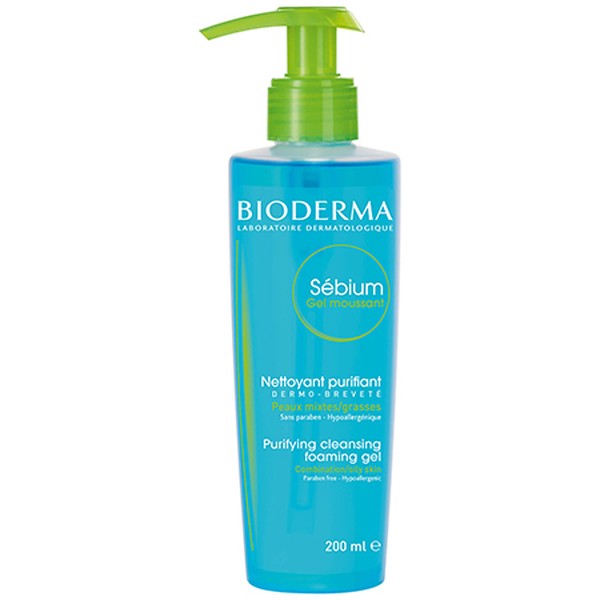
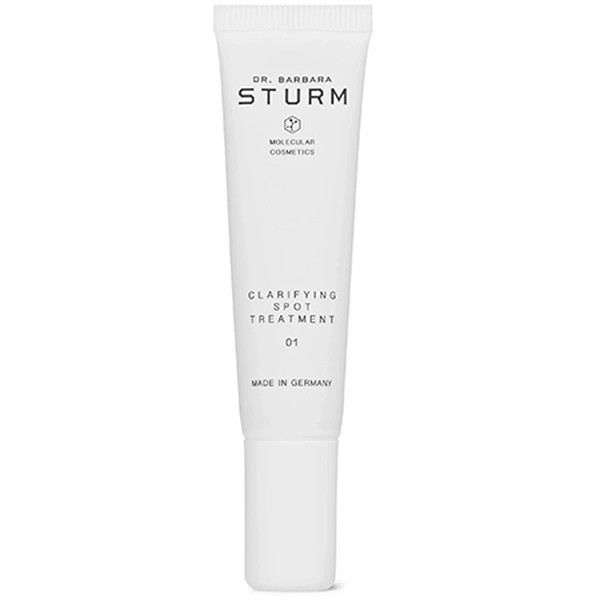
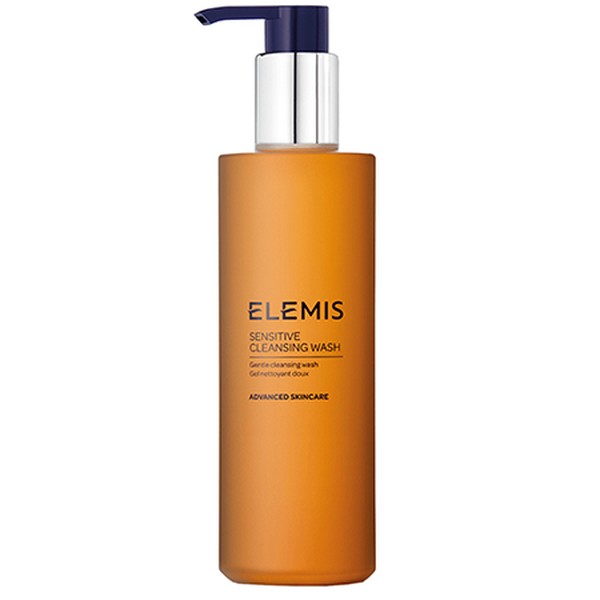
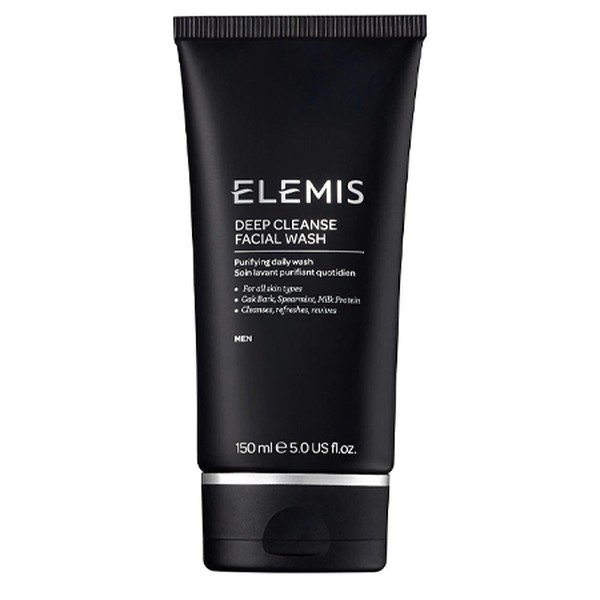
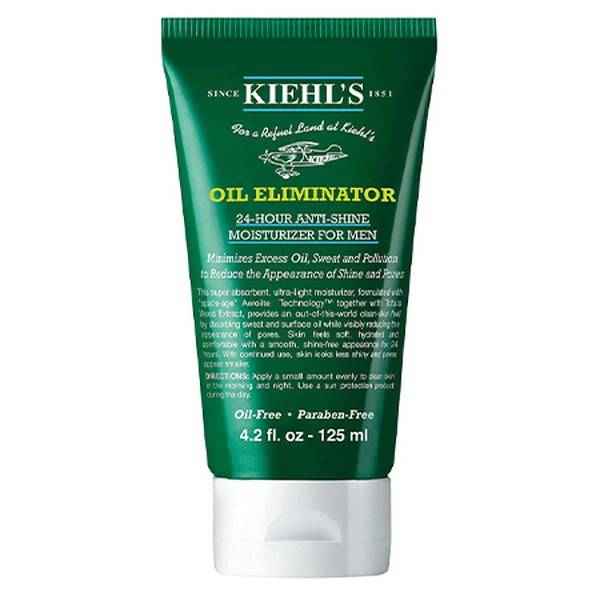
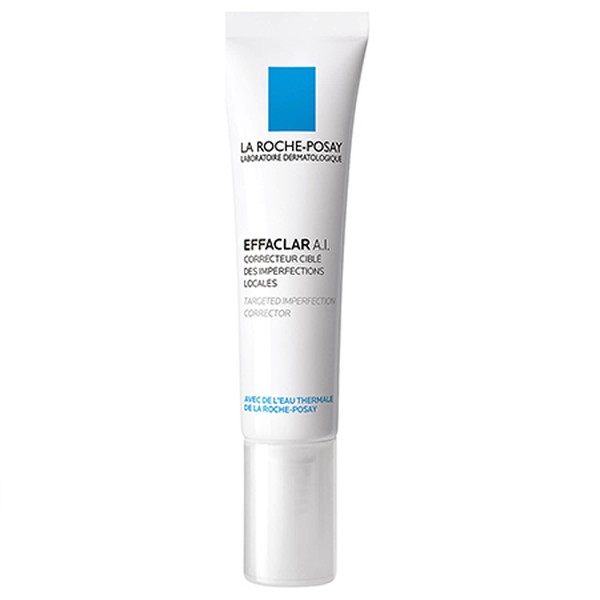
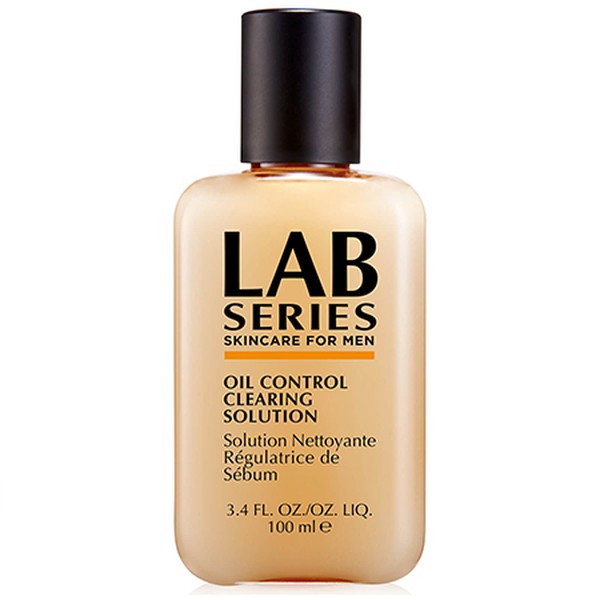
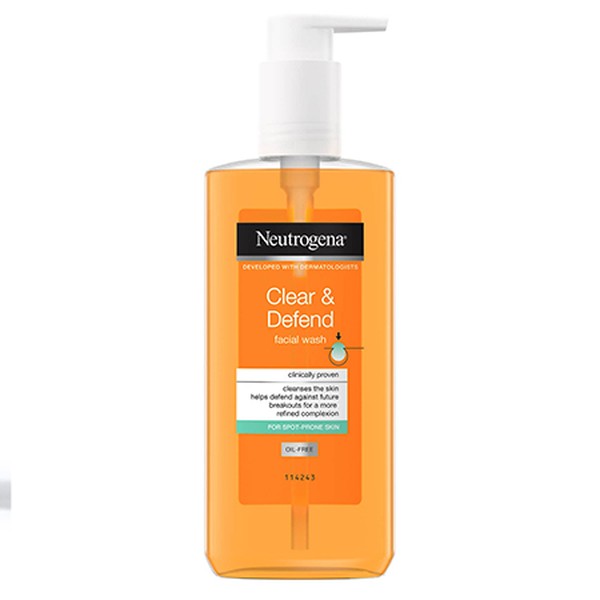
DISCLAIMER: We endeavour to always credit the correct original source of every image we use. If you think a credit may be incorrect, please contact us at [email protected].
